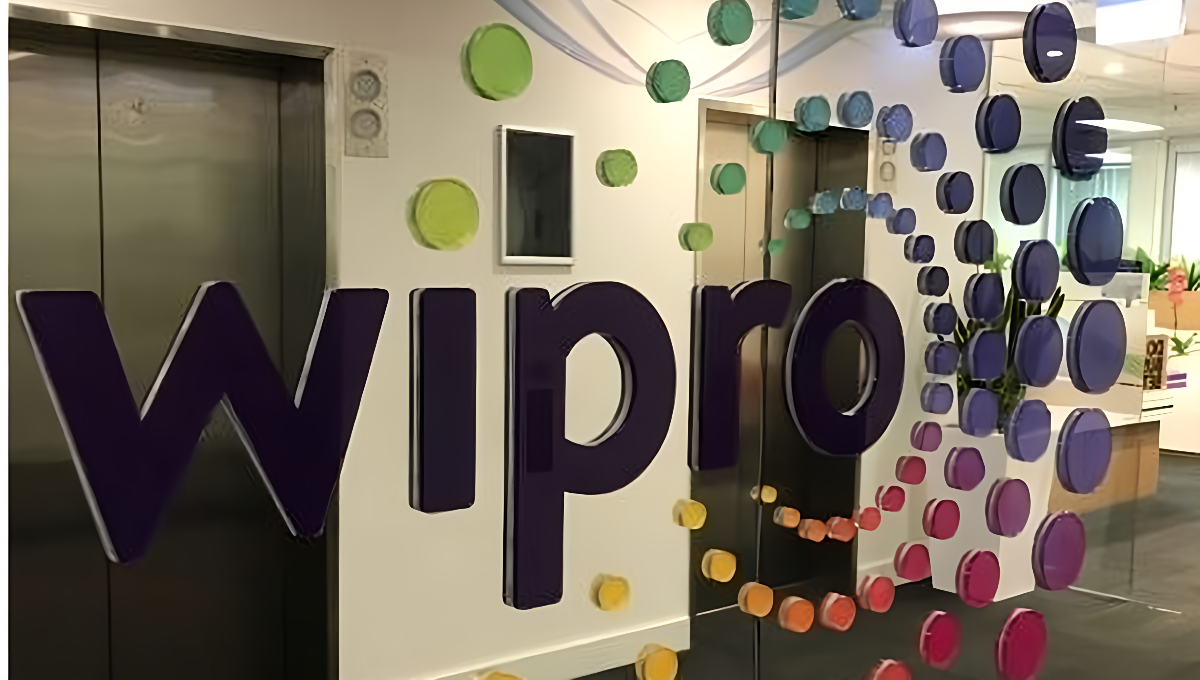OpenAI announced on Tuesday the launch of its AI-driven web browser, ChatGPT Atlas — a bold move in the company’s effort to challenge Google’s dominance in how people search for information online. Atlas is designed to reshape the browsing experience through deep AI integration.
According to OpenAI, Atlas will first be released on macOS, with versions for Windows, iOS, and Android to follow soon. Importantly, the browser will be accessible to all users, including those on the free tier, from the start.
Web browsers have become the latest competitive front in the AI space. Although Google Chrome has long been the market leader, the rise of AI assistants is rapidly changing how people interact with the internet. Several companies, including Perplexity with its Comet browser and The Browser Company’s Dia, have entered the race with their own AI-powered alternatives. Google and Microsoft, meanwhile, have tried to update Chrome and Edge with AI features to keep pace.
Ben Goodger, Engineering Lead for Atlas, stated during Tuesday’s livestream that ChatGPT is tightly integrated into the new browser. Users will be able to chat with search results directly, offering a more interactive experience similar to what’s found in Perplexity or Google’s AI-powered search.
One of the most appreciated features of AI-based browsers so far has been a built-in chatbot housed in a side panel, which automatically understands the context of what the user is viewing. This may seem minor, but it saves users from constantly copying, pasting, or dragging content into chatbots for reference, streamlining the whole experience.
OpenAI’s Product Lead, Adam Fry, confirmed during the launch that ChatGPT Atlas includes this “sidecar” functionality. Beyond that, Atlas also introduces browser history tracking, allowing ChatGPT to remember websites visited and user interactions, which helps the assistant deliver more personalized responses.
Another common feature in AI browsers is an intelligent agent that can handle simple online tasks for users. While some early implementations from other companies show promise, they often fall short when dealing with complex or multi-step actions.
Atlas includes this capability as well. Its “agent mode” lets users ask ChatGPT to carry out small browser tasks automatically. However, this feature will initially only be available to those on the ChatGPT Plus, Pro, or Business plans.
In a recent discussion at OpenAI’s DevDay event, ChatGPT Head Nick Turley shared his belief that browsers have fundamentally redefined what an operating system can be. He sees ChatGPT in a similar light — a powerful platform transforming how people work and navigate the web. Still, whether Atlas can seriously challenge Chrome’s massive global user base of over 3 billion remains an open question. While AI-powered browsers are generating buzz in the tech world, their mainstream influence is still developing.
Also Read:
DeepSeek’s New OCR Model Can Processes 2 Lakh PlusPages Daily on a Single GPU
European AI Rising Star Nexos.ai Raises €30M to Drive Enterprise AI Adoption









